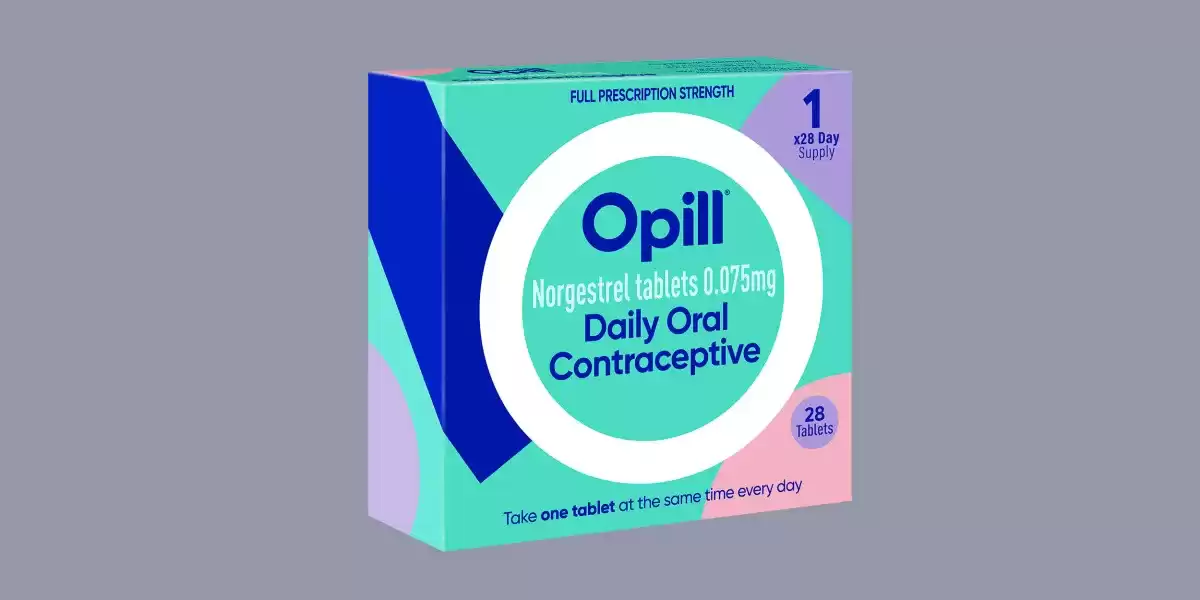
The Availability of Over-the-Counter Birth Control Pills: Your Guide to Accessing Opill
FDA approves nonprescription oral contraceptive, Opill, expected to hit stores in early 2024.
7939 NW 21st St
Miami, Florida

FDA approves nonprescription oral contraceptive, Opill, expected to hit stores in early 2024.
Ever wondered what's calling the shots when it comes to women's health and well-being? The answer is - in large part - a hormone named estrogen. So, what type of news can we expect under this intriguing topic?
Late-breaking research and development about estrogen often take center stage in many health and science-based newsletters. New hormone therapies to treat conditions like menopause symptoms, osteoporosis or even hormonal cancers are always popping up on our screens. These developments could be new drugs that use synthetic alternatives or natural forms of estrogen that show promising results.
An important element found under articles regarding 'estrogen', as you'd expect from any medical discussion, is ample coverage on potential risks. Can increased levels trigger strokes or certain types of cancer? How do birth control pills affect your estrogen level? Stories aiming to shed light on these questions offer critical perspective for persons struggling puzzling symptoms alike.
In addition, there’s plenty of buzz surrounding lifestyle factors influencing this female-oriented hormone! Isn’t it amazing how everyday habits such as dieting, exercise routines and stress management directly impact these things going inside us at a cellular level? Did you know consuming cruciferous veggies might help regulating healthy estrogens?
Concluding note aside; keeping an eye out for the latest scenarios unfolding under the umbrella term ‘Estrogen’ truly is enlightening - wouldn’t you agree? So dive into these insights without delay – let those estrogen mysteries unfold!